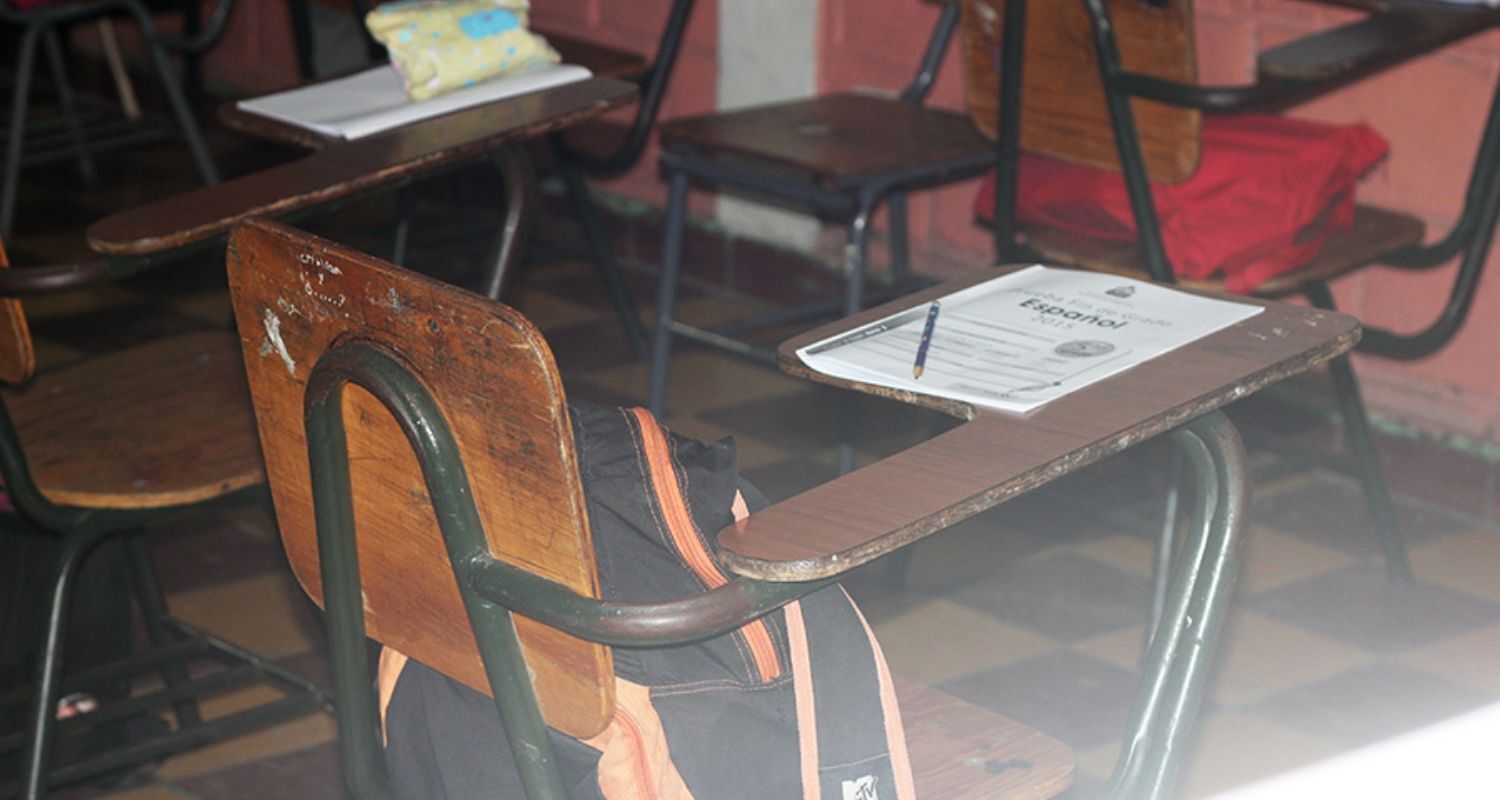April 21, 2017
Luis was in third grade when his teachers started to punish him for his unusual behavior in class.
The eight-year-old was considered a “difficult case”, due to his impulsive misbehavior, aggression, and lack of concentration. The behavior escalated until, one day, the little boy climbed onto a water tank above the school and threatened to throw himself off.
Worried, the teacher and school authorities asked Luis’ mother, Ana, to look for another school for the boy the following year, one that offered special education.
Ana was suffering from an irreparable loss – her oldest son, José, had been killed the year before. Luis’ problems seemed minor in comparison – something that could be fixed by transferring him to a different school.
However, in the new school, Luis began to act up again.
After punishing the eight-year-old repeatedly, the second school expelled him; and the following year, Luis stayed at home, without a school that was willing or able to teach him.
Staff from ASJ (formerly known as AJS) heard of the case, and, after meeting with the boy and his family, discovered the cause of the boy’s behavior.
Luis came from a dysfunctional family. His father was addicted to drugs, while his mother was lost in her grief at her older son’s violent death.
“No school wanted to accept him because of his bad behavior,” Luis’ psychologist said. “He was in school until second grade, and they transferred him because he couldn’t meet the school’s behavioral requirements. They said he needed special education.”
Nonetheless, according to the expert, Luis’ attitude corresponded to a greater problem that no one had detected.
Luis had been a victim of child sexual abuse, which often shows up in behavioral, social, and emotional indicators. These indicators were detected by ASJ in their treatment of Luis, and confirmed after interviews with his mother and teachers.
“In psychology, these indicators are important to be able to detect suspected sexual abuse, because sometimes children, and even adults, don’t have the social ability to be able to tell what happened to them, or be able to express their emotions adequately,” ASJ’s psychologist said. “The emotional difficulties that the child internalizes manifest themselves in behavior that labels the child as bad or disobedient, and we’re unable to see the great need that the child is trying to externalize.”
“When we visited the school,” she continued, “they told us that the boy had some difficult behaviors, and that they had called his mother while he was in school, and because she wasn’t able to support him, that they had requested the transfer. We explained that we did not find any reason for the exclusion of the boy; on the contrary, it was important that he feel included.”
ASJ was able to present a new psychological report to the school authorities, facilitating the process for Luis to return to class.
“When we came back from the evaluation,” the psychologist said, “the authorities of the school were surprised because in no moment had they detected that the boy had been abused. Because of the lack of knowledge on the topic, they couldn’t connect his behavior with signs of abuse, but with signs of mental and behavioral disabilities.”
With a new understanding of Luis’ situation, the school opened a space for Luis to attend fourth grade. ASJ gave Luis a school kit and uniform so that he could attend class, and continued giving psychological attention to both him and his mother.
After a few months of treatment, Luis is now able to sit well in class, and his teacher reports that he is an active participant.
In this case, and in advocacy throughout the Education system, ASJ is working to ensure that all children are granted their right to education and protection.
*This story appeared first, in Spanish, on the ASJ-Honduras website



















